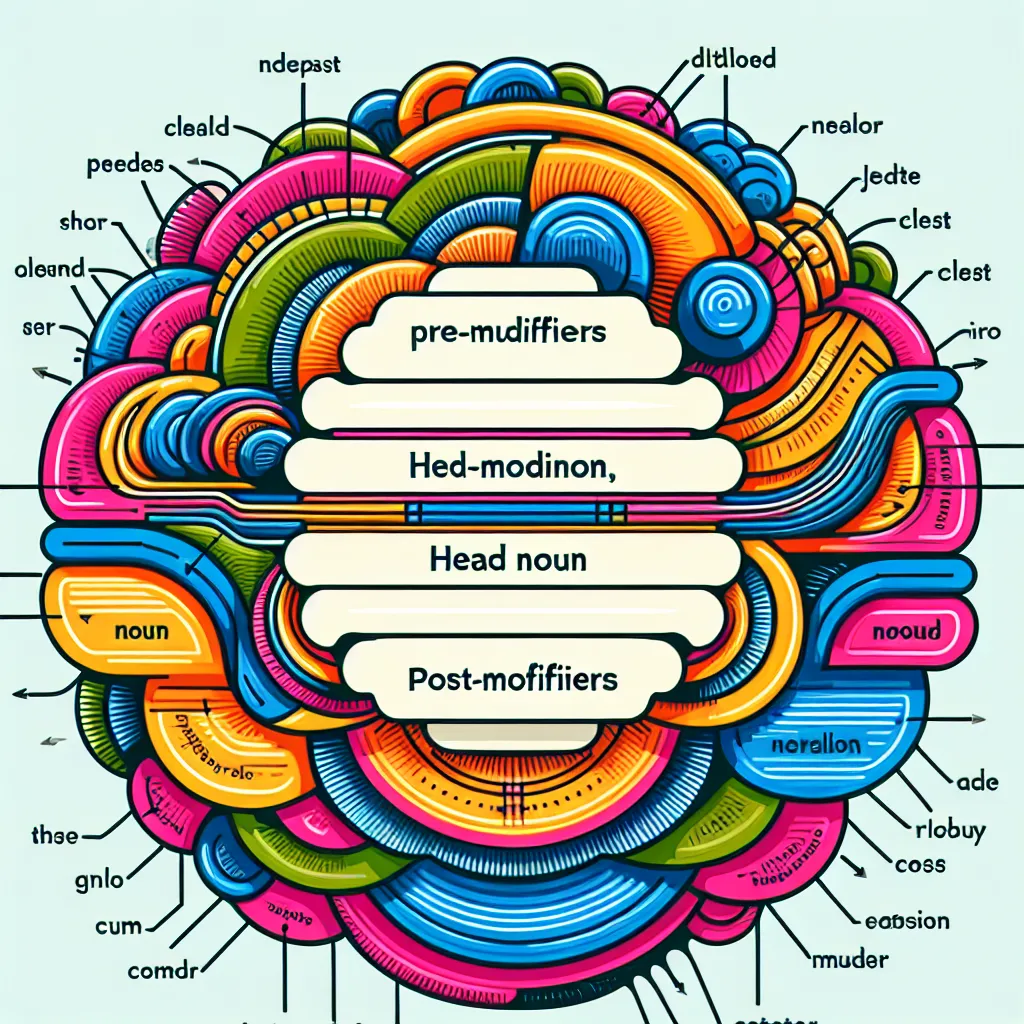In the world of technical writing and communication, mastering the use of advanced prepositions is crucial for conveying precise meanings and relationships between concepts. Whether you’re drafting a research paper, writing technical documentation, or preparing a scientific report, understanding how to use advanced prepositions correctly can significantly enhance the clarity and professionalism of your work.
Understanding the Importance of Advanced Prepositions in Technical Writing
Advanced prepositions play a vital role in technical contexts by establishing specific relationships between elements in a sentence. They help to articulate complex ideas with precision, making them essential for effective technical communication.
 Advanced prepositions in technical writing
Advanced prepositions in technical writing
Common Advanced Prepositions in Technical Contexts
Some of the most frequently used advanced prepositions in technical writing include:
- Pursuant to
- In accordance with
- With respect to
- In regard to
- Notwithstanding
- By virtue of
- In lieu of
- Subject to
Understanding how to use these prepositions correctly can significantly improve the clarity and accuracy of technical documents.
Mastering the Use of Advanced Prepositions
To effectively use advanced prepositions in technical contexts, consider the following guidelines:
1. Understand the Specific Meaning
Each advanced preposition carries a unique meaning and is used in specific contexts. For example:
-
“Pursuant to” means “in accordance with” or “following.”
Example: “Pursuant to the company’s safety regulations, all employees must wear protective gear in designated areas.” -
“Notwithstanding” means “in spite of” or “despite.”
Example: “Notwithstanding the technical challenges, the team completed the project ahead of schedule.”
2. Use Prepositions to Establish Clear Relationships
Advanced prepositions help establish clear relationships between different parts of a sentence or between sentences. For instance:
-
“With respect to” helps to specify the aspect or topic being discussed.
Example: “With respect to the new software update, users should expect improved performance and additional features.” -
“In accordance with” indicates compliance or agreement with rules, standards, or guidelines.
Example: “The experiment was conducted in accordance with the established laboratory protocols.”
3. Avoid Overuse and Maintain Clarity
While advanced prepositions can add precision to your writing, overusing them can make your text unnecessarily complex. Aim for clarity and simplicity when possible. For example:
Instead of: “In regard to the aforementioned issues, notwithstanding the challenges faced, we propose to implement solutions pursuant to the guidelines set forth in the company manual.”
Consider: “Regarding these issues, despite the challenges, we propose implementing solutions according to the company guidelines.”
4. Practice with Real-World Examples
To improve your skills in using advanced prepositions, practice with real-world technical documents and writing exercises. Here are a few examples to get you started:
- “By virtue of its advanced algorithms, the new AI system can process data much faster than its predecessors.”
- “Subject to approval from the ethics committee, we will proceed with the human trials of the new drug.”
- “In lieu of traditional methods, the research team opted for a novel approach to data collection.”
Common Mistakes to Avoid
When using advanced prepositions in technical contexts, be aware of these common pitfalls:
-
Misusing “respective” and “respectively”: These terms are often confused. “Respective” is an adjective, while “respectively” is an adverb used to match items in a sequence.
Correct: “The project managers and their respective teams will handle the software and hardware components, respectively.”
-
Overcomplicating simple relationships: Sometimes, a simpler preposition can convey the same meaning more clearly.
Instead of: “With respect to the matter of data security…”
Consider: “Regarding data security…” -
Inconsistent use within a document: Maintain consistency in your use of prepositions throughout your technical writing to avoid confusion.
Enhancing Your Technical Writing Skills
To further improve your use of advanced prepositions and overall technical writing skills, consider the following steps:
-
Read extensively: Familiarize yourself with technical documents in your field to see how advanced prepositions are used in context.
-
Use style guides: Refer to technical writing style guides specific to your industry for guidance on preposition usage.
-
Seek feedback: Have your writing reviewed by colleagues or mentors who can provide constructive criticism on your use of prepositions and overall clarity.
-
Practice regularly: Incorporate advanced prepositions into your daily writing tasks to become more comfortable with their usage.
 Technical writing practice session
Technical writing practice session
By mastering the use of advanced prepositions in technical contexts, you can significantly enhance the precision and professionalism of your technical writing. Remember that the goal is always clear communication, so use these tools judiciously to convey your ideas effectively.
For more tips on improving your technical writing skills, including vocabulary enhancement and grammar usage, check out our guide to mastering advanced English vocabulary. This resource provides additional strategies to elevate your language skills in professional and technical settings.
In conclusion, the effective use of advanced prepositions in technical contexts is a valuable skill that can set your writing apart. By understanding their specific meanings, practicing their usage, and avoiding common mistakes, you can create technical documents that are both precise and accessible. Keep refining your skills, and you’ll soon find that these advanced language tools become an integral part of your technical writing repertoire.




